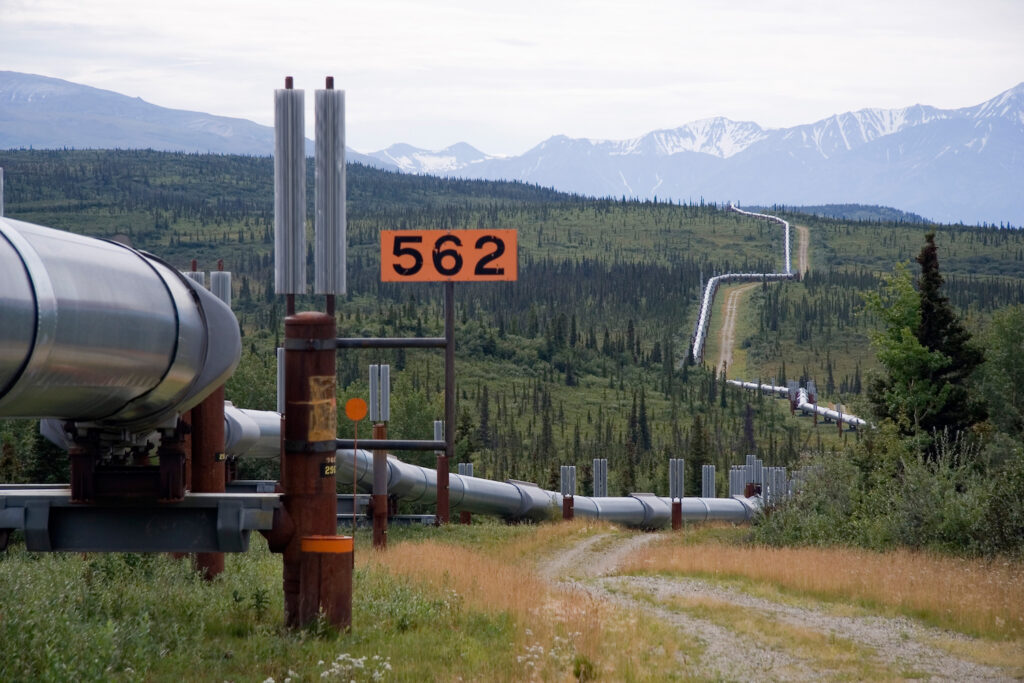Alaska’s state budget for the next fiscal year hasn’t even been signed into law yet, but its expectations for oil revenue may already be out of date.
On Tuesday, the U.S. Energy Information Administration raised its estimates for oil prices in the second half of this year and in 2024. The revised estimate came two days after Saudi Arabia announced that it will cut oil production by 1 million barrels of oil per day.
The EIA now estimates that Brent crude — a key measure of oil prices — will average $79.54 per barrel for the rest of this year and $83.51 per barrel next year because diminished supply will cause prices to rise.
EIA acknowledged that the forecast comes with “significant uncertainty” around global economic growth, a key driver of demand for oil.
A barrel of North Slope oil was worth $75.75 per barrel on Monday; that was about a dollar below the Brent price. The two prices are closely correlated.
Alaska’s budget for the 12 months that begins July 1 expects that North Slope oil prices will average $73 per barrel over those 12 months. Oil revenue represents about two-fifths of Alaska’s general-purpose state revenue and is the second-largest source of that revenue, behind only an annual transfer from the Alaska Permanent Fund.
If prices exceed the revenue threshold, the budget contains a “waterfall provision” that automatically deposits some of the excess earnings into the state’s Constitutional Budget Reserve.
Some of the excess earnings would also be set aside for a boost to the as-yet-unset 2024 Permanent Fund dividend.
Oil forecasts are notoriously erratic. The April EIA forecast projected oil at $85 per barrel this year and $81 next year; that fell in the May forecast to $79 in 2023 and $74 in 2024.
Alaska’s oil revenue is even more uncertain because it also depends upon the amount of oil produced on the North Slope and estimates of how much companies will claim in tax deductions.
The windfall provision itself is uncertain, too. Gov. Mike Dunleavy has yet to sign this year’s budget into law, and the governor has the ability to veto that section of the budget, potentially deleting the section entirely, an act that would leave the excess earnings on the table for future debate by legislators.
Source : KTOO


